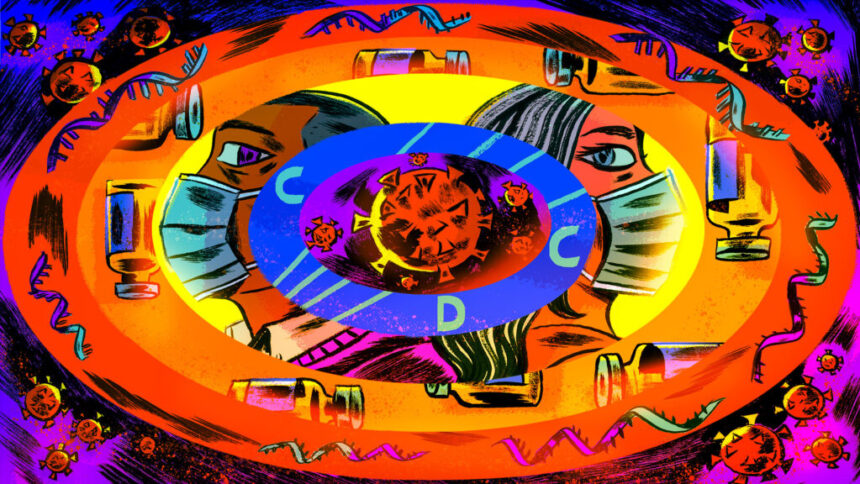Neas, who has cerebral palsy, relies on Medicaid for personal care attendants who help her with daily tasks like getting dressed and cooking meals. She worries that any cuts to the program could lead to reduced services, making it difficult for her and others with disabilities to live independently.
Advocates are urging lawmakers to consider the impact of Medicaid cuts on people with disabilities before making any decisions. They argue that the program is a lifeline for many individuals and any changes should be made carefully and with input from those directly affected.
As the new administration prepares to take office, the future of Medicaid and other healthcare programs remains uncertain. It will be important for policymakers to consider the needs of all Americans, including those with disabilities, as they make decisions that will impact the healthcare system for years to come.
Stay tuned to STAT for updates on healthcare policy and the latest developments in the field of medicine. And don’t forget to sign up for our free newsletter Morning Rounds to get your daily dose of health news delivered straight to your inbox.
In a world where healthcare can be inaccessible and costly, there is one place that steps in to pay for things that nobody else pays for. This place is none other than New York state prisons, where doctors who have been sanctioned for glaring medical mistakes find a new place to practice their profession.
A recent article by The City shed light on this controversial practice, highlighting how doctors with a history of misconduct are able to continue practicing within the confines of state prisons. While these doctors may have faced disciplinary action in the past, they are given a second chance to treat inmates who are often overlooked by mainstream healthcare providers.
This raises important questions about the quality of care being provided to incarcerated individuals and the ethics surrounding the hiring of doctors with a tainted record. It also brings to light the disparities in healthcare access faced by marginalized populations, including those behind bars.
In another article, STAT explores how sedation policies can limit access to abortion care, further underscoring the importance of addressing healthcare inequities. The article delves into the challenges faced by individuals seeking abortion services and the impact of restrictive policies on their ability to receive timely and safe care.
Meanwhile, NBC News investigates the alarming trend of health insurance companies denying cancer care to patients, raising concerns about the consequences of such denials on patient outcomes. The article poses a critical question: “Would he have lived?” highlighting the life-and-death implications of insurance companies’ decisions.
On a more positive note, NPR reports on the transformative impact of cash transfers on tuberculosis rates among families living in poverty in Brazil. By providing a monthly cash payout, these families were able to access essential healthcare services and improve their overall health outcomes. This serves as a powerful example of how targeted interventions can make a significant difference in combating infectious diseases.
As the healthcare landscape continues to evolve, it is essential to address systemic issues that contribute to disparities in access to care. From addressing medical mistakes in prisons to advocating for reproductive rights and challenging insurance denials, these articles shed light on the complex and interconnected issues within the healthcare system. It is imperative that we continue to push for equitable and just healthcare for all, regardless of their circumstances.








